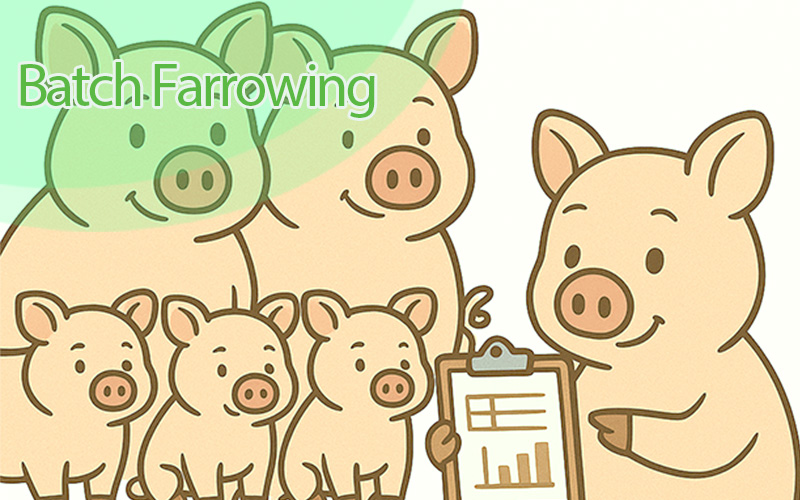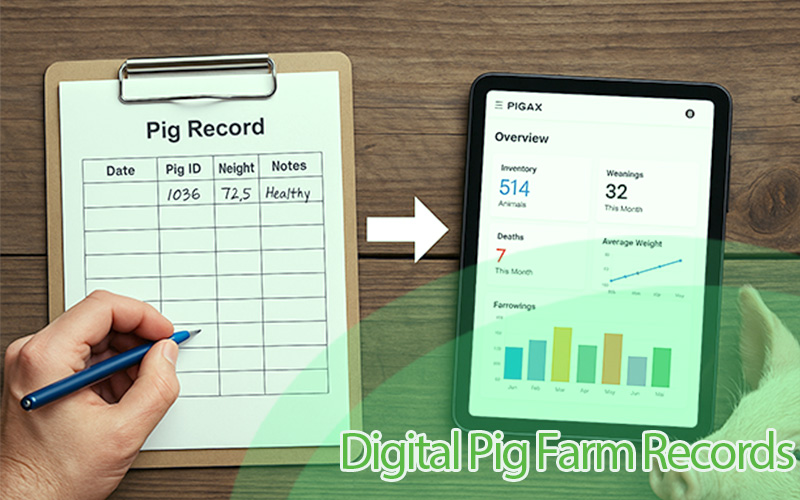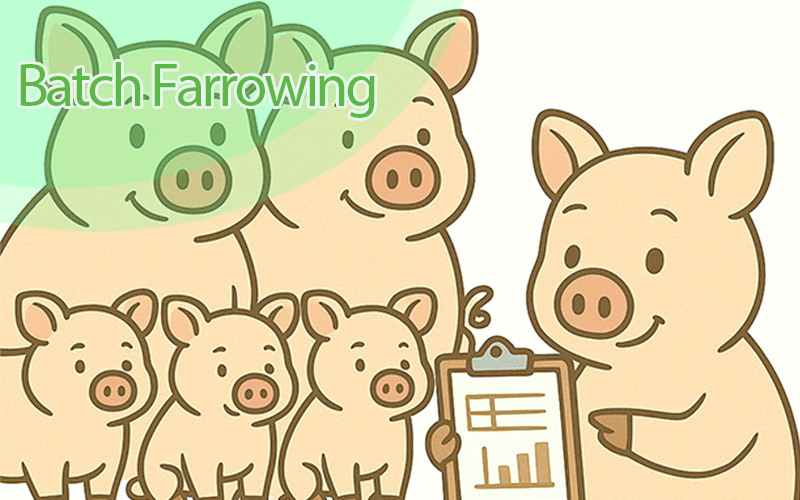5 Bio Security measures to prevent disease outbreak and improve the effciciency of Piggery farm management
Biosecurity is a set of measures that are taken to prevent the spread of infectious diseases on a pig farm. It is an important part of running a successful pig farm, as it can help to protect the health and well-being of the pigs, and prevent the spread of disease to other farms and the wider community.
There are many different aspects to biosecurity, and the specific measures that are used on a pig farm will depend on the risks and challenges that are specific to that farm. Some common biosecurity measures for pig farms include:
-
Quarantine: New pigs that are brought onto the farm should be kept in quarantine for a period of time, to ensure that they are not carrying any infectious diseases.
-
Cleanliness: The farm should be kept clean and free of debris that could harbor disease-causing organisms. This includes regular cleaning and disinfection of pens, equipment, and other surfaces.
-
Isolation: Sick pigs should be isolated from the rest of the herd to prevent the spread of illness. This may involve keeping the pigs in a separate area of the farm, or using individual pens or other barriers to prevent contact with healthy pigs.
-
Access control: The farm should have strict controls on who has access to the pigs and their environment. This may involve measures such as visitor logs, biosecurity training for staff and visitors, and the use of protective clothing and equipment.
-
Vaccination: Vaccination can be an important part of biosecurity on a pig farm, as it can help to prevent the spread of some common infectious diseases.
Overall, biosecurity is an essential part of running a successful pig farm. Even more essential is the importance of tracking day to day activities and routines by proper record keeping and use of a reliable Pig farm management system. By implementing a comprehensive biosecurity plan, farmers can help to protect the health and well-being of their pigs, and prevent the spread of infectious diseases. This can help to ensure the success and sustainability of the farm, and can help to protect the wider community from the risks of disease.




